30 October 2025
Last year we launched a new clinical research programme to tackle H. pylori, the bacterium responsible for most cases of stomach cancer. Since then, this research has expanded into a suite of projects aimed at improving how H. pylori infection is diagnosed and treated, with the goal of reducing rates of stomach cancer in New Zealand and worldwide.

Dr Tom Mules
Successful eradication of H. pylori can prevent this cancer, yet increasing antibiotic resistance is making treatment less effective. Building on their early work developing new methods to test for antibiotic resistance, Dr Tom Mules and his team at the Malaghan are now leading three interconnected projects.
The first is determining up-to-date rates of H. pylori antibiotic resistance in New Zealand, data that will inform national treatment guidelines and enable more tailored, effective therapies. The second is investigating how the H. Pylori bacteria interact with the human immune system, providing crucial insights for developing new treatments and, ultimately, a vaccine. The third, in partnership with the Albert Einstein College of Medicine in the USA, is developing a novel antimicrobial therapy that specifically targets H. pylori without harming the wider microbiome.
Together, these projects represent a significant step forward in transforming how H. pylori infection is managed.
“By understanding resistance patterns, unravelling how the bacterium evades the immune system and developing entirely new treatments, we are building the tools needed to prevent stomach cancer more effectively and equitably,” says Dr Mules.
Related articles
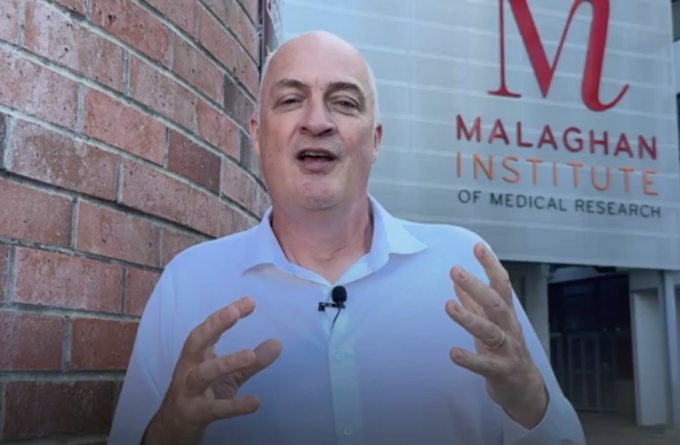
CAR T-cell therapy: 5-part video series
25 February 2026
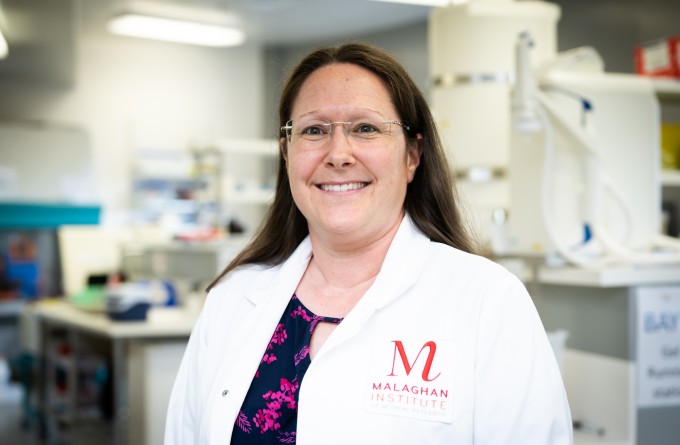
Momentum is everything: advancing CAR T-cell research for future trials and treatments
25 February 2026
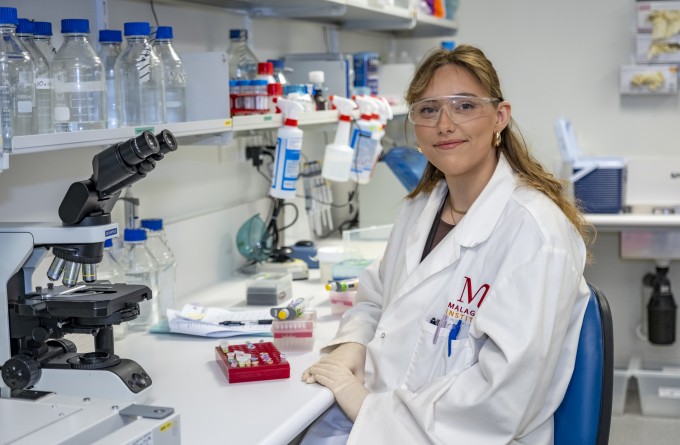
Tracking the journey of the shapeshifting bacteria behind stomach cancer
19 November 2025
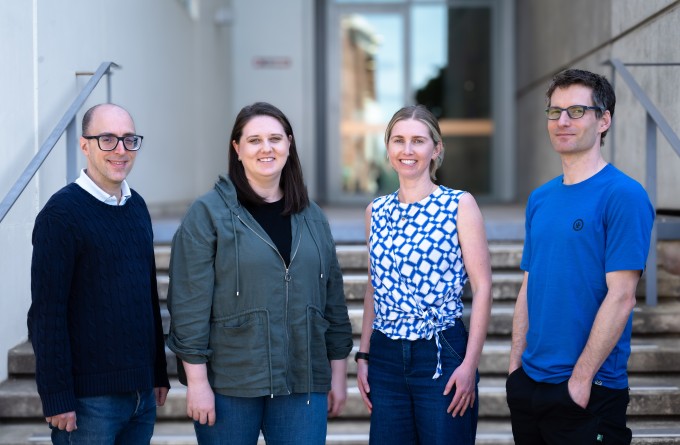
Marsden funding to drive discovery and innovation in cancer, allergy and infectious disease research
5 November 2025
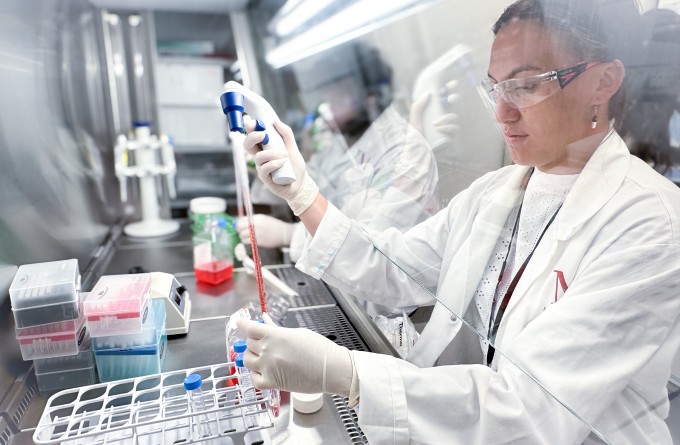
Developing next generation CAR T-cell therapies for more equitable cancer care
30 October 2025
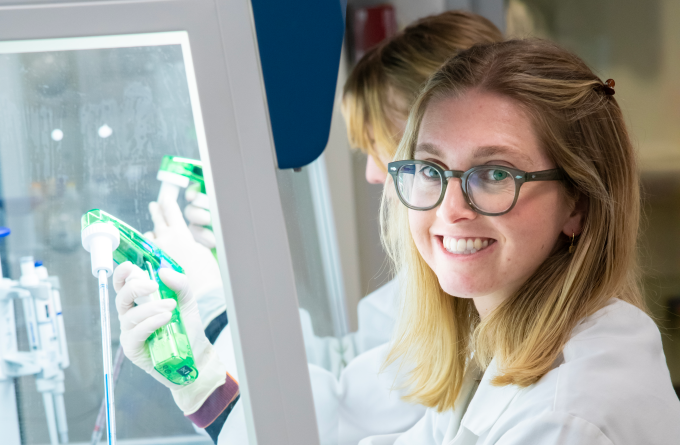
Making local impact using global training in liver cancer research
30 October 2025
